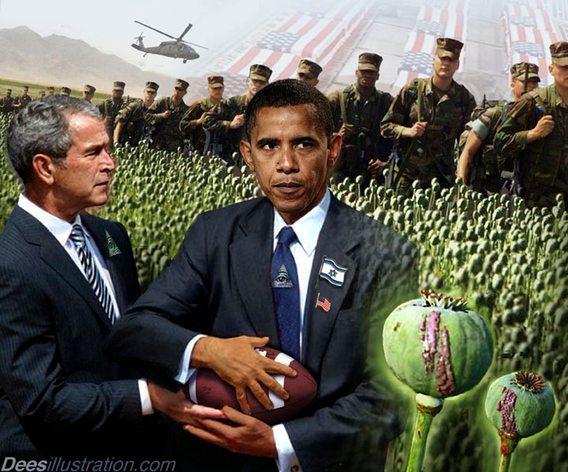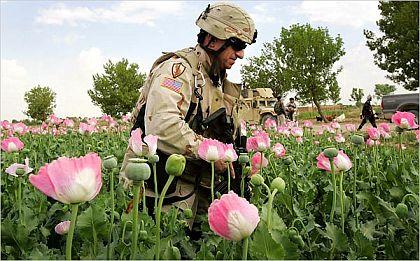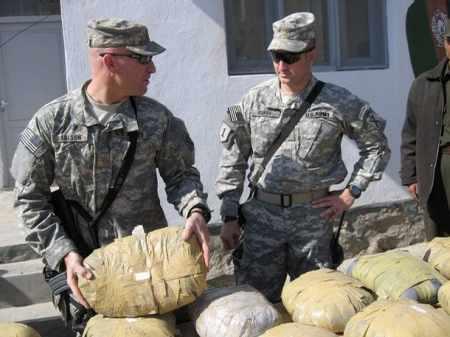
Russian Anger Over Afghanistan Drugs


President Dmitry Medvedev believes Afghan heroin is a security threat
Russia is highlighted as the country that bears the brunt of the ill-effects of the Afghan drug trade by a UN Office on Drugs and Crime report. The BBC's Stephen Eke reports on Moscow's growing concern about the problem.
The head of Russia's federal drug control service has recently blamed lack of effective border controls, and accused coalition forces in Afghanistan of doing "next to nothing" to tackle drug production.
The result, he said, is an estimated 2.5 million heroin addicts in Russia alone, creating what he called a lost generation of young people.
President Medvedev calls Afghan heroin a threat to Russia's national security.
And it has led to serious tensions between Moscow and Washington - Russia accuses Nato, and more often the US, of failing to make enough effort to tackle heroin production in Afghanistan.
Since the collapse of communism, Russia's southern borders have been much more vulnerable.

Poor border controls
The greater part of Afghan heroin enters the territory of the former Soviet Union through Afghanistan's borders with Tajikistan and Turkmenistan.
It then travels westwards across Kazakhstan, before entering the central and Ural regions of Russia, where there are intense focal spots of heroin addiction.
It is estimated that there are somewhere between 1.5 million and six million heroin addicts in Russia
Seizures of heroin by police and border guards remain very low.
The Russian medical authorities say overdoses are now killing more than 80 people every day.
In addition, Russia has seen hundreds of thousands of HIV and hepatitis infections, as a result of intravenous drug abuse.
Precise figures are not available, but it is estimated that there are somewhere between 1.5 million and six million heroin addicts in Russia.
Moscow co-operates with the UN and with Western experts in its efforts to tackle heroin addiction, but relations have sometimes been tense.
Many European specialists consider Russian approaches to preventing and treating heroin addiction as confused.
Methadone substitution therapy, for example, is illegal in Russia, a country where alternative, scientifically unproven treatments are often preferred.
Feb. 28, 2010
FROM: DICK EASTMAN oldickeastman@q.com
